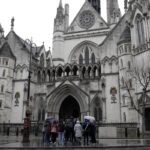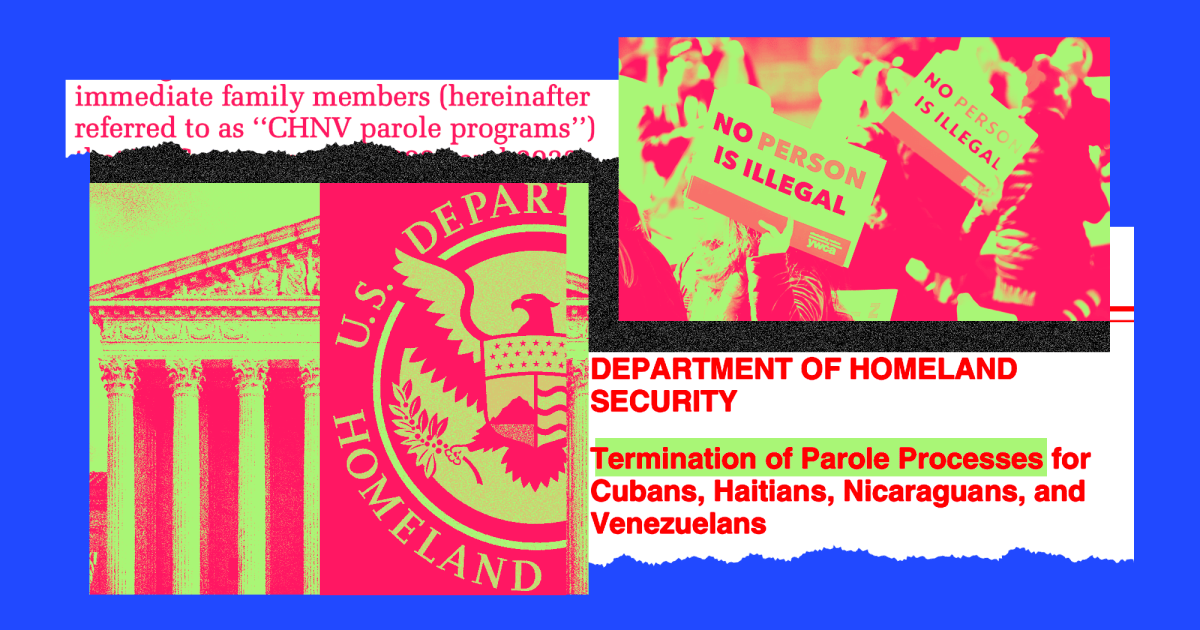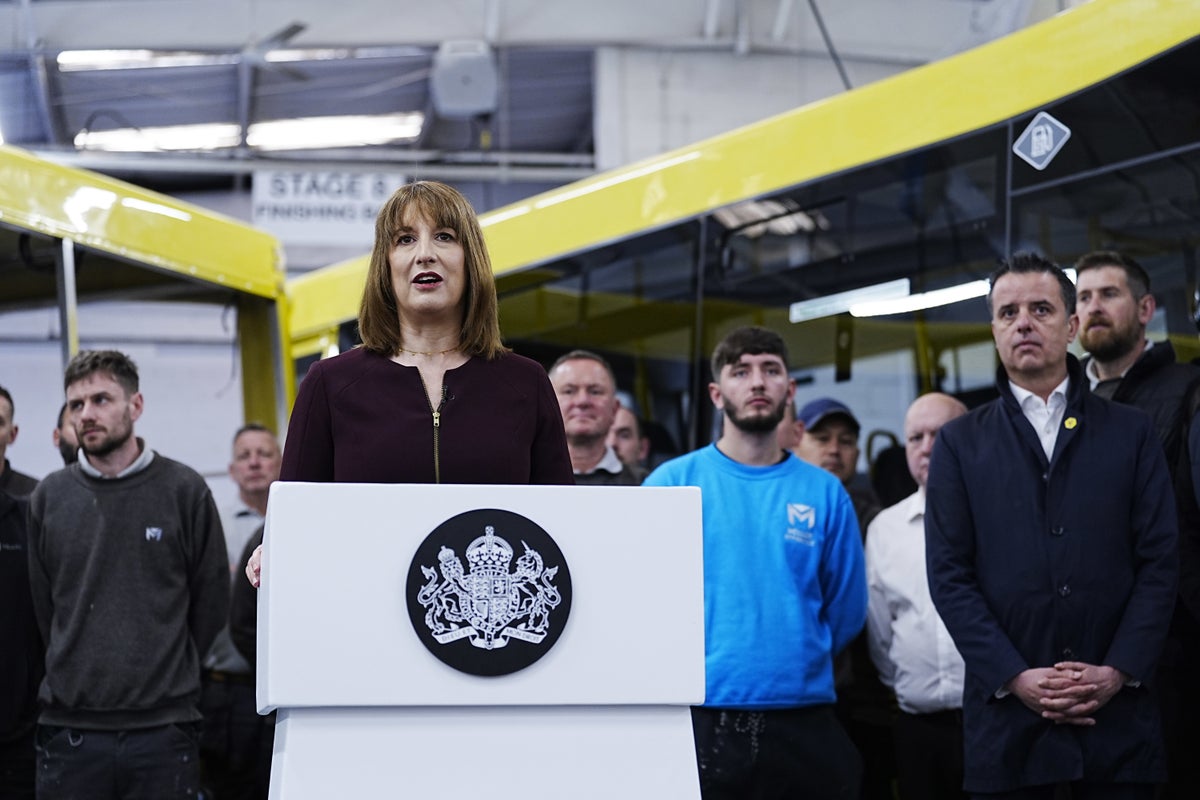Last week, the US Supreme Court lifted an order from a Massachusetts district court that had maintained humanitarian parole protections in place for about 530,000 immigrants from Cuba, Venezuela, Haiti, and Nicaragua who had been living in the United States legally under a Biden-era program. Advocacy groups in South Florida condemned the decision that will inevitably impact scores of immigrants and their families living in the area.
In 2022, after immigration authorities noted an increase in the number of immigrants arriving at the border from these four countries, the Biden administration created a parole program known as CHNV (which stands for Cubans, Haitians, Venezuelans, and Nicaraguans). The new program allowed applicants to come to the United States legally for two years as long as they passed background checks, had a sponsor based in the US, and had traveled to the US at no cost to the government.
Earlier this year, the Trump administration revoked CHNV, citing in a Federal Register notice that the program is “unnecessary to achieve border security goals.” Attorneys representing CHNV recipients challenged the decision, and on April 14, a Massachusetts district judge blocked the termination of the program. This month, the Trump administration requested a stay from the US Supreme Court, which was granted on Friday, May 30.
At a virtual press conference hours after the decision was announced, Karen Tumlin, director of the Justice Action Center, and an attorney in the case, said the Supreme Court’s decision “enacted the largest mass de-legalization program in US history.”
“Let me be clear. This is for a group of people who had lawful status until this morning, but who the Trump administration has forcibly rendered undocumented overnight,” Tumlin said, “and that should send a shiver down everyone’s spine.”
“This order gives ICE a green light to grab these immigrants and deport them to the hell they escaped from in a legal way.”
In Miami, Florida, the following Monday, representatives from several immigrant advocacy groups held a press conference to highlight what this decision would mean for the local community. Standing behind a lectern draped with flags from Cuba, Venezuela, and Haiti, Paul Christian Namphy, political director for the Haitian community organization Family Action Network Movement, noted that immigrants who were directly affected by the Supreme Court’s decision were not present at the gathering because of “the dangers that they are facing right now.”
“These individuals followed a rigorous legal process and are now being punished while their legal status is still being litigated,” Namphy said. “The court opens the door to mass deportations, family separations, and economic disruptions.”
Silvia Muñoz, a member of the Cuban American Women Supporting Democracy organization, said immigrants enrolled in the parole program had faced hardships in their countries, such as food shortages and violence. The Biden administration intended for the parole program to offer them a humane and legal way to come to the US. “This order gives ICE a green light to grab these immigrants and deport them to the hell they escaped from in a legal way,” she said. She called on Republicans “who believed Trump’s promise to deport immigrants did not include their loved ones, to raise their voices in protest and total disregard for human life.”
Adelys Ferro, director of the Venezuelan American Caucus, said that the Trump administration’s agenda against immigrants targets all nationalities, pointing to another recent US Supreme Court decision that allowed the Trump administration to revoke Temporary Protected Status protections for about 350,000 Venezuelans. “The attacks against immigrants are everywhere,” she said. “It’s not only one nationality. It’s all of us. They don’t want immigrants here.”
Hours after Friday’s decision, Jack Maguire, development manager of the advocacy group Florida Immigrant Coalition, told Mother Jones that immigrant communities in the Miami area were already experiencing immense fear and anxiety in the wake of other anti-immigrant decisions by the Trump administration. And, as I wrote in April, Florida also leads the nation in the number of law enforcement agencies that are collaborating with Immigration and Customs Enforcement. Earlier this year, Florida Gov. Ron DeSantis signed legislation that requires all county jails to cooperate with ICE requests to detain immigrants booked into their facilities.
Add to these concerns, the threatened deportations would separate more families and negatively influence the state’s economy, he added. “Businesses are going to start losing employees,” he says. “The effects are going to be felt very immediately by the people with these statuses. But it’s also going to be felt community-wide.”
The decision is not a final ruling on the merits of the case, Tumlin from the Justice Action Center added, “We’re committed to ensuring that our clients and the class members get a full-and-complete hearing as quickly as possible.” This decision would cause “irreparable harm,” Justice Ketanji Brown Jackson wrote in a dissent, joined by Justice Sonia Sotomayor. “It undervalues the devastating consequences of allowing the Government to precipitously upend the lives and livelihoods of nearly half a million noncitizens while their legal claims are pending.”
Angel Leal, an immigration attorney in the Miami area, said he’s heard from humanitarian parole clients in recent days who are fearful of what will happen next in their cases. Many parole recipients have pending applications for other forms of relief. But still, in those cases, “they’re concerned and they’re scared.”
“Even if everything’s been done correctly, and whatever immigration benefit they qualify for has already been applied for,” he said, “the sense of insecurity that it can all be taken away at any time is really what’s concerning to us and to our clients.”















